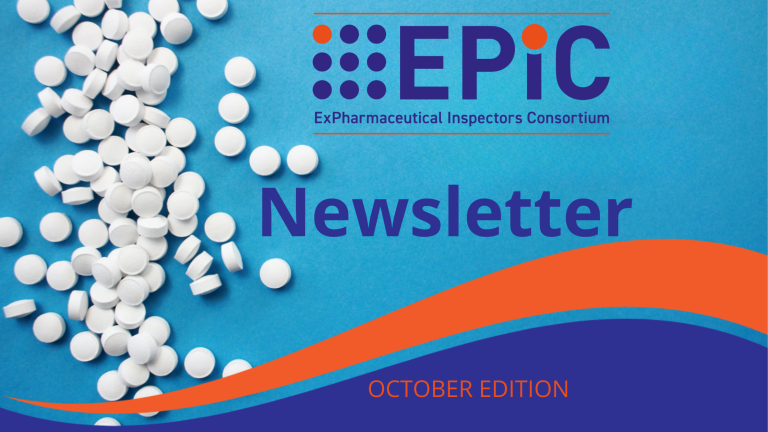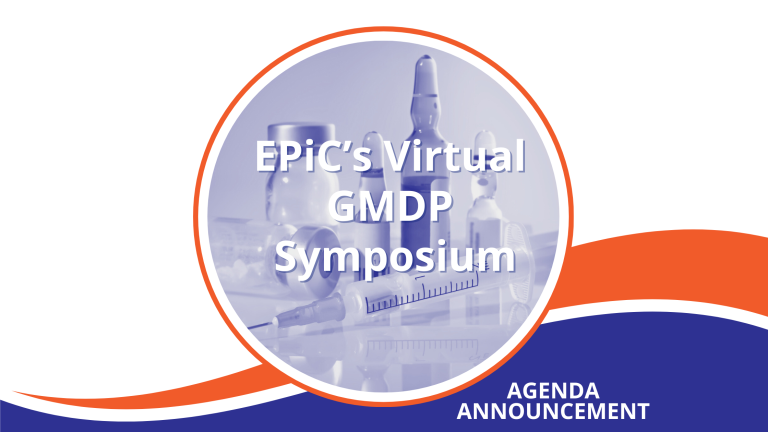
EPiC Top Tips – Qualified Persons (QPs) Success
5 Top Tips for Qualified Persons (QPs) to Excel in Pharma Compliance and Leadership Article By Michelle Yeomans, EPiC Operations Manager Qualified Persons (QPs) are a pillar of pharma quality assurance and GxP compliance. Whether you’re a trainee or an…




















